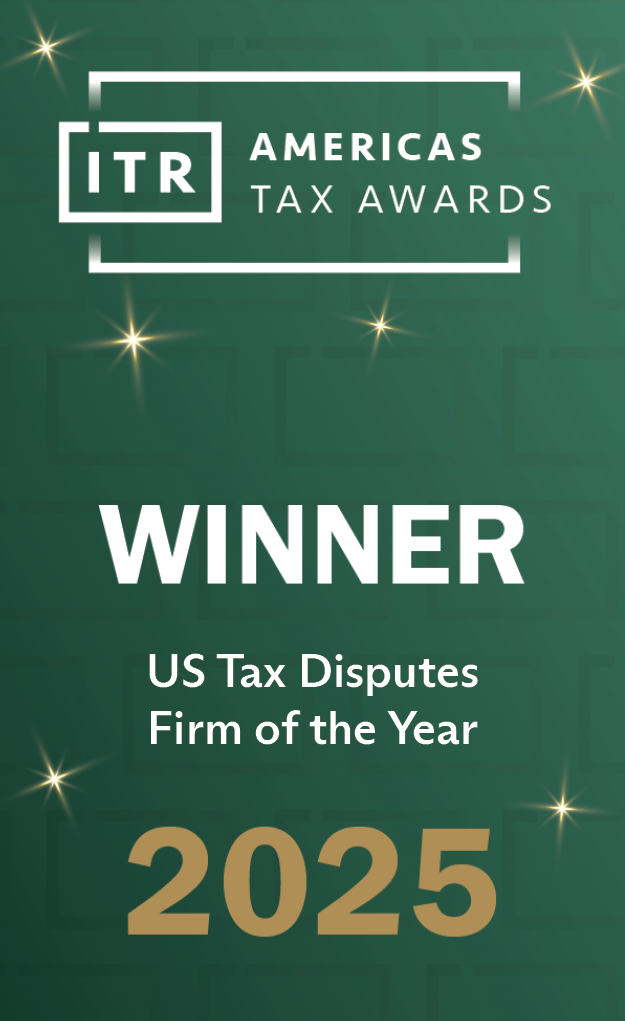Andy Roberson, Kevin Spencer and Emily Mussio recently authored an article for Law360 entitled, “A Look At Tax Code Section 199’s Last Stand.” The article discusses the IRS’s contentious history in handling Code Section 199 and the taxpayers’ continued battle to claim the benefit – even after its recent repeal.
Originally published in Law360, November 2018.
read more


 Subscribe
Subscribe




